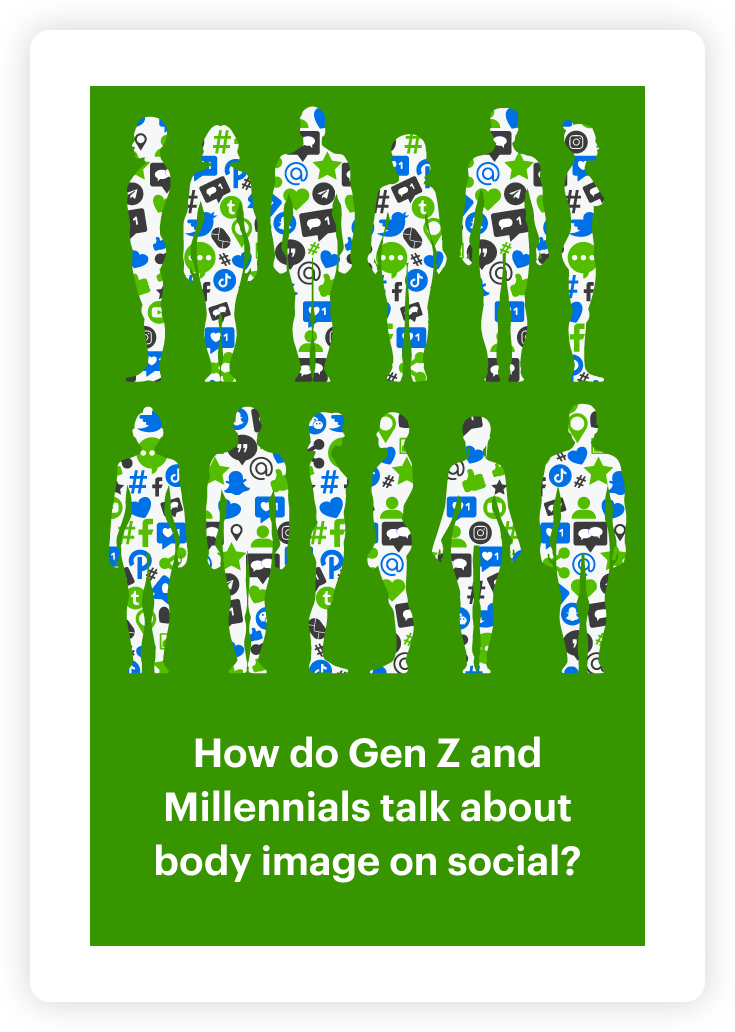Gauging tweeters’ responses to Elon Musk through text sentiment analysis

It’s been a rollercoaster ride since Elon Musk’s Twitter takeover. Redundancies, reinstatements and real-time updates from Musk himself have been hallmarks of his short reign. However, the biggest shift might be Twitter users’ sentiment toward their new overlord.
Elon Musk has always been a polarizing figure, but since he announced his intention to purchase the social media platform, the number of people opining about the billionaire climbed quicker than a SpaceX rocket. While the purchase has added more juice to debate about Twitter’s new owner – particularly on the platform itself – without the right tools to analyze this conversation, it’s just noise.
Text sentiment analysis enables you to cut through this noise. To demonstrate how you can surface how people feed through the words that they use, we used a social listening tool to gather tweets about Elon Musk pre, post and during his takeover. At this point, we could’ve used traditional sentiment analysis offered by social media monitoring software to determine how people’s view of the billionaire shifted. However, Relative Insight’s text analytics tool is able to formulate a more sophisticated emotional analysis.
While typical text sentiment analysis classifies text as positive, neutral or negative, its reliability is frequently impacted by the use of words in different contexts. For example, the phrase “I don’t feel anger” could be classified as negative, with the tool picking up only the phrase ‘feel anger’. Undertaking text sentiment analysis and emotional analysis through a tool that puts conversations into context, such as the Relative Insight text analysis platform, can detect this nuances and identify how people really feel.
We uploaded the tweets we gathered to our platform and examined the emotion in these conversations. The result helps to identify just how tweeters’ sentiment towards Elon Musk changed as the takeover saga progressed.
Pre-bid: Varied conversation topics, generally positive
Prior to announcing his intention to buy Twitter, conversations about the billionaire unsurprisingly focused on his public pronouncements, other business areas and SpaceX. Before his big bid announcement, tweets about him featured words relating to space 2.6x more, discussed his tax arrangements 3.9x more and highlighted his comments about the use of fossil fuels and oil 3.7x more often.
While it’s interesting to analyze what people talk about, it’s how they say what they say that’s most revealing. At this point in time, tweeters were more likely to exhibit positivity towards Elon Musk. They used words related to ‘liking’ him 3.1x more, such as ‘love’, ‘fan’, ‘favorite’ and ‘admire’.
“Elon, you are a game changer and I love it 😀”
“I like that Musk takes time to interact with followers, supports, and fans. But I admire his work ethic and commitment to his life and work.“
During the bid: Disappointment and speculation
After Elon Musk submitted his $44bn bid in April, the emotions exhibited within conversations changed.
Tweeters exhibited words and emojis related to ‘disappointment’ 2.3x more during this period. This included everything from the 🙄, 😬, and 🤦 emojis, in addition to words such as ‘disappointed’, ‘unhappy’, ‘jaded’ and ‘lacklustre’. Some of this conversation focused on the size of the offer, and what else it could’ve gone towards. For example, words related to the topic of hunger appeared 2.8x more.
“Glad Elon Musk is tackling important problems like Twitter ownership when people are hungry and sick and illiterate. 🙄”
However, as the saga progressed, some people were also unhappy that the billionaire attempted to renege on purchasing the platform. In addition, those opposed to the takeover warned others – who they identified as being Elon Musk ‘campers’ (the word appeared 3.6x more) – that they wouldn’t get what they wanted after the sale.
“I’m disappointed in Elon, because he could have accomplished so much more.“
“That’s arguable, considering the lackluster performance of “anything goes” / “free speech” social media companies like Gab and Telegram, which by all accounts is what Musk was clamoring for.“
Twitter changes spark a range of emotions
After Elon Musk completed his acquisition, everyone on the platform had (and expressed) their opinion on changes made to Twitter. While conversations focused on Twitter Blue, mass layoffs and other hallmarks of his reign, people discussing the saga also displayed differing emotions within their discussions.
Tweeters opposed to the changes expressed sadness. They were 4.2x more likely to use words illustrating this emotion, such as ‘sorry’, ‘upset’ and ‘shame’ – relating both to changes within the platform and for the fate of workers who were laid off.
“I think Musk made these comments in a Twitter space interview a couple weeks back. Makes me sad that many people won’t have the opportunity to use Twitter as a free networking tool as I did for years.“
“Basically, you’re trying to protect your investment of time and work. Unfortunately, Elon is burning this thing down to the ground. I’m sorry.“
Those on the other side of the divide displayed confidence in Musk, using words related to this feeling 2.3x more. This incorporated words like ‘assured’ and ‘confident’, however, the most prominent term was use of the word ‘trust’. This group of tweeters trust Elon Musk to remake the platform into something they’d enjoy using more.
“I trust Elon more than I trust our entire government.“
“Elon hasn’t failed at much, hence his ability to afford Twitter. I don’t love him nor hate him, but I am confident the platform is viable and that he will make it profitable.“
Emotional analysis applicable to brands
By looking at tweeters emotions with text sentiment analysis – not just at what they say, but how they say it – we’ve been able to chart sentiment towards Elon Musk through the Twitter purchase process in much more detail than simply suggesting whether tweets are positive, negative or neutral. We’ve uncovered that people have gone from admiration to disappointment through the takeover process, eventually exhibiting confidence and trust versus sadness as Elon Musk continues his Twitter revolution.
While this text sentiment analysis has focused on tweeters’ evolving views about one man, the same methodology can be applied across a range of unstructured data sources for a variety of purposes.
Brands target consumers’ emotional and rational thinking when selling products. However, it’s traditionally been very difficult to collect and analyze emotional engagement in enough detail and at the requisite scale to offer complete confidence. Text analytics increases brands’ certainty about consumer emotion and sentiment. This understanding will allow them to communicate with consumers with greater emotional resonance.
